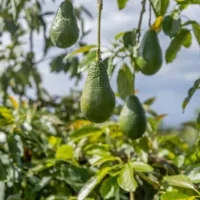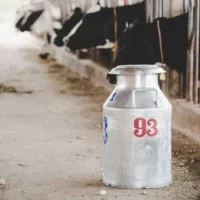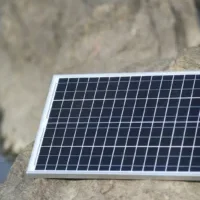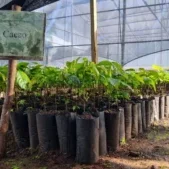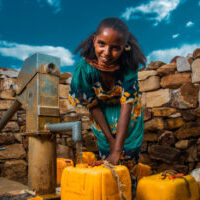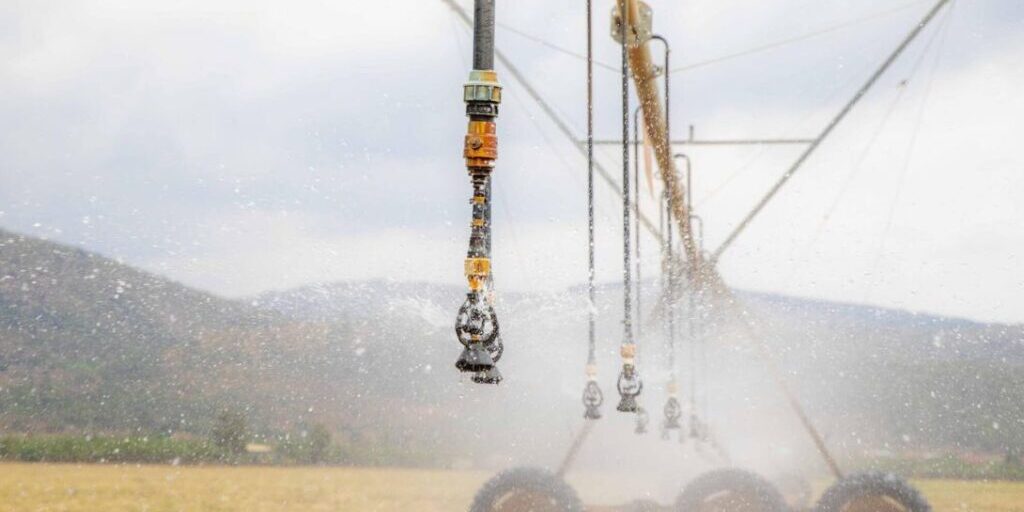
Tapping into Ethiopia’s Water Sector Business Opportunities
With a rapidly growing population, rising urbanisation, and increasing impacts from climate change, the demand for clean, reliable, and sustainable water solutions has never been greater in Ethiopia. These challenges are creating real business opportunities for international investors, especially in the fields of water treatment, irrigation, wastewater management, and innovative water technologies.
Why invest in Ethiopia’s water sector
Ethiopia is facing a range of water-related challenges, including limited access to clean drinking water, water scarcity in agriculture, pollution from untreated wastewater, and increasing flood risks due to climate change. In response, the government’s 10-Year Development Plan outlines ambitious targets such as achieving 100% access to safe drinking water in both urban and rural areas, expanding modern irrigation systems to enhance food security, developing efficient wastewater treatment facilities, and reducing water loss through improved resource management. This creates opportunities for water infrastructure, purification technologies, smart irrigation systems, and greater private sector participation.
Drinking water solutions
Ethiopia’s access to safe drinking water remains alarmingly low—only 13% of the population has access to internationally accepted safe water sources. Rural areas are particularly underserved, and many communities rely on water sources with high salinity or fluoride levels. This presents significant demand for household-level water treatment systems, solar-powered pumps, and off-grid purification technologies. Decentralized water solutions that are affordable and sustainable are critical for reaching rural populations.
Irrigation and agricultural water use
Agriculture accounts for over 85% of water withdrawals in Ethiopia, yet only 12% of farmland is irrigated. Most food crops still depend on rainfall, which is becoming less reliable due to climate shifts. There is a strong demand for smart irrigation systems, groundwater mapping, and water use efficiency training for both commercial and smallholder farmers. The growing export-oriented agriculture sector (flowers, fruits, vegetables) further increases the need for efficient and scalable irrigation solutions.
Wastewater treatment infrastructure
Industrial growth in Ethiopia, especially in textiles, leather, and food processing, has outpaced wastewater management. Many factories discharge untreated wastewater, contaminating local water bodies. Municipal wastewater facilities are also limited in number and capacity. There are major investment needs for containerized wastewater treatment plants, monitoring and compliance systems, and circular reuse technologies. Companies that offer compact, energy-efficient wastewater solutions can fill a critical gap in urban and industrial settings.
Catchment and flood risk management
Flooding and soil erosion are increasing, especially in the Awash River Basin—home to millions of people and key agricultural zones. Infrastructure and technology for early warning systems, catchment degradation monitoring, and flood defense construction are essential. Dutch water management models, such as nature-based solutions and “Room for the River” approaches, are particularly relevant here.
Groundwater development
Groundwater is a vital resource for Ethiopia, yet many regions lack data and oversight for sustainable extraction. Hydrogeological assessments, borehole mapping, and 3R (Recharge, Retention, Reuse) technologies offer real potential for scalable water access in both arid and populated regions. Capacity building and groundwater monitoring systems are also crucial to prevent overuse.
Read more about opportunities in the Ethiopian water sector here:
–> Download Water Business Opportunity Report <–
Building partnerships in Ethiopian water sector
TRAIDE facilitated a high-level webinar that brought together over 80 participants, including representatives from the Ministry of Water and Energy, Ethiopian Water Federations, NGOs, businesses, and donor agencies. The discussion focused on innovative approaches to water access and management, particularly in the rural and agro-industrial sectors. This convening helped align public and private actors around shared challenges and potential business-driven solutions.
Building on this momentum, TRAIDE facilitated the creation of the WAVE Consortium (Water Accessibility and Vitality for Ethiopia), a multi-stakeholder initiative aimed at implementing a sustainable rural drinking water model. The consortium includes government agencies, NGOs, and private sector players working collaboratively to pilot new delivery models in underserved communities.
Additionally, TRAIDE played a key role in supporting Nedamco Africa, a Dutch finance and technology company, as it entered the Ethiopian market and built partnerships with municipalities and water utilities. We helped Nedamco identify the right local partners, understand public sector dynamics, and adapt their business model to resonate with government stakeholders.

Interested to explore opportunities in the water sector?
Are you an investor or business with interest to get involved in the Ethiopian water sector? TRAIDE can help you explore the market, build partnerships with local stakeholders, and attract finance to support your market entry. Reach out to us at ethiopia@traide.org

